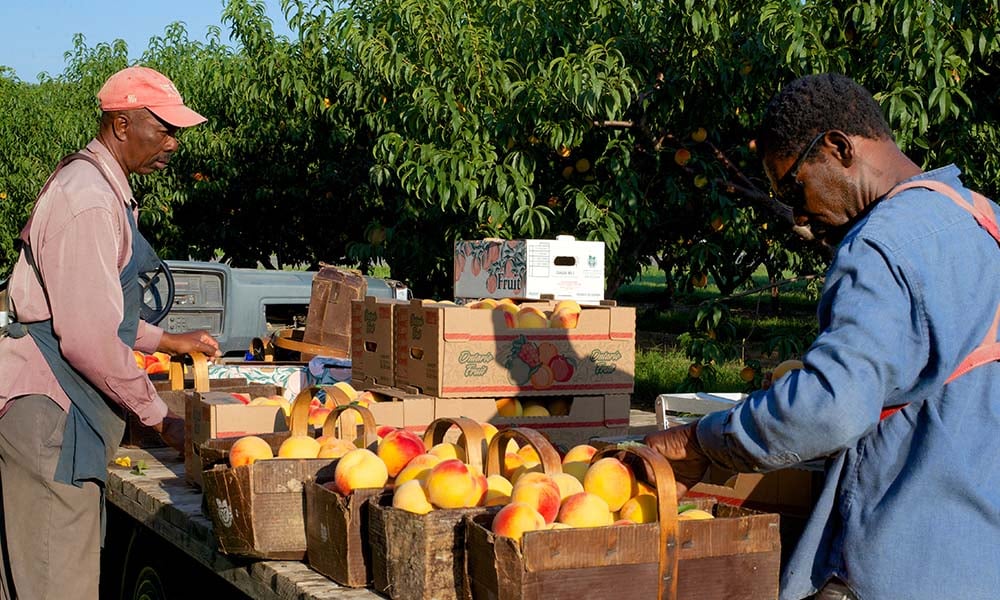Up to $1,500 in funding covers wages, food, benefits, transportation and housing

The federal government is extending the $50-million Mandatory Isolation Support for Temporary Foreign Workers (TFW) Program until Nov. 30, 2020.
The decision follows the government’s announcement to extend the Quarantine Act to the same date. The act requires anyone arriving from outside Canada, including temporary foreign workers, to undergo a mandatory 14-day isolation period upon arriving in Canada.
"Producers and processors across the country rely on experienced migrant workers to ensure a stable, nutritious and affordable food supply for Canadians. This pandemic has put additional strains on growers and processors, and our government will continue to support them in these challenging times," says Marie-Claude Bibeau, minister of agriculture and agri-food.
Recently, the federal government launched consultations to improve living conditions for foreign workers.
The program is helping employers in the farming, fish harvesting, and food production and processing sectors with some of the incremental costs incurred to support the safety and health of foreign workers during that 14-day period.
Under the program, the federal government will provide up to $1,500 for each temporary foreign worker to employers that are required to isolate workers under the Quarantine Act. Costs covered include wages, food, benefits, transportation, housing and other requirements to comply with the protocols under the Quarantine Act.
Other federal government projects to support the safety of farmers and processors include the $77.5 million through the Emergency Processing Fund; the $58 million funding to strengthen the TFW Program; and the $35 million Emergency On-Farm Support Fund to safeguard the health and safety of Canadian and foreign workers.
About 50,000 to 60,000 foreign agricultural, food and fish processing workers coming to work in Canada each year, which accounts for more than 60 per cent of all foreign workers entering Canada under the TFW program, says the government. Most foreign workers who work on farms are located in Ontario (40 per cent), Quebec (32 per cent), B.C. (18 per cent) and Nova Scotia (2.6 per cent).
Recently, the government increased its immigration targets for the next three years to help the Canadian economy recover from COVID-19, drive future growth and create jobs for middle-class Canadians.
Earlier, Alberta announced it is limiting the number and types of jobs available to new temporary foreign workers to make jobs available to unemployed locals.




